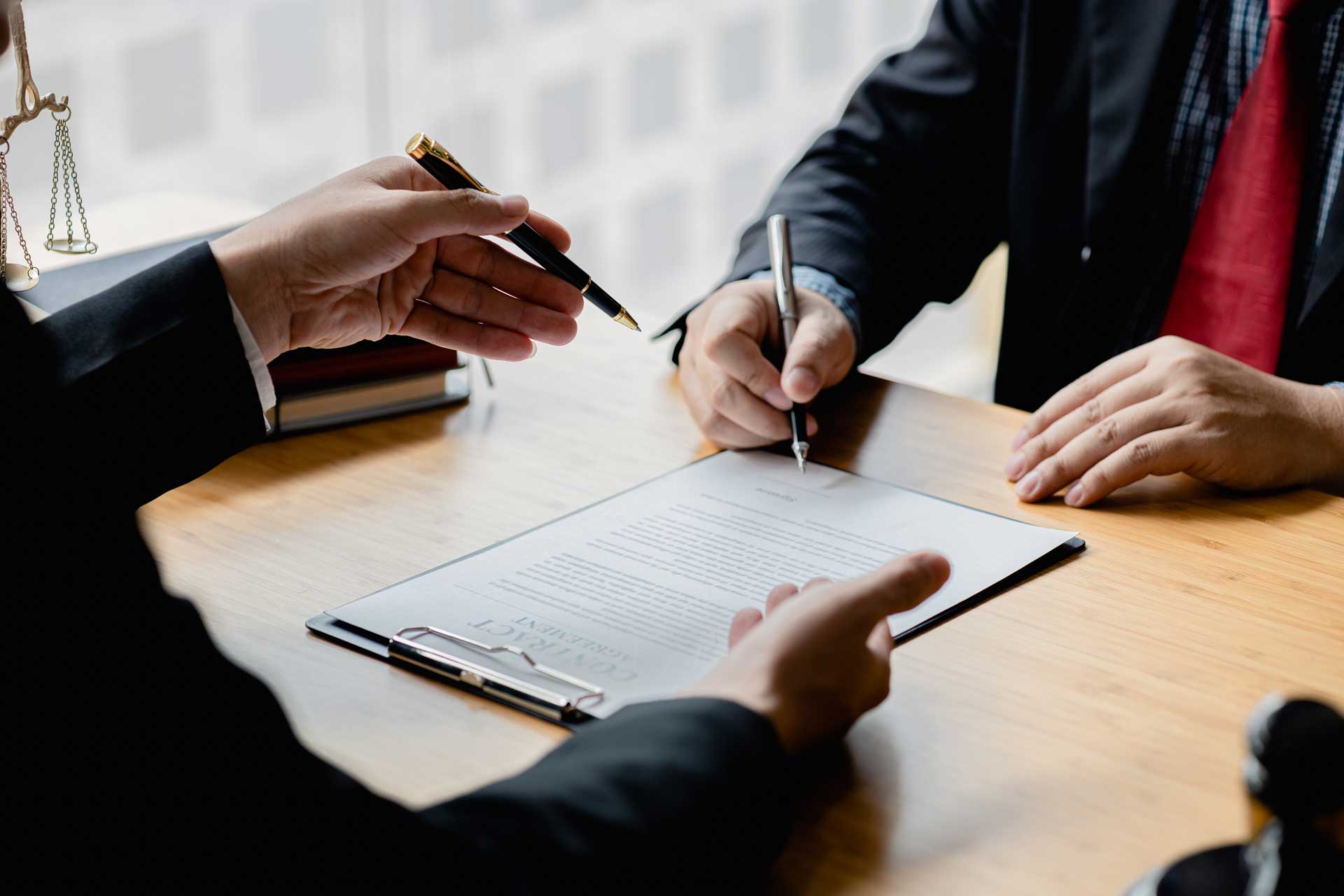The due diligence is a crucial stage in a M&A transaction and usually takes place prior to the transaction. A due diligence provides a complete overview of all figures, information and data regarding the target company, providing a clear picture of both the past and current state of affairs of the company. It is designed to enable the purchaser to ascertain whether the assets he/she is buying are not tainted by any shortcomings.
Due to the fact that sensitive information can be exchanged during a due diligence, a due diligence will typically be conducted after an offer or a letter of intent has been made to the seller and prior to the drafting of the sale-purchase agreement. After all, the seller wants to ensure that the purchaser has the intention to conclude the transaction.
1. Scope
The scope and nature of the due diligence will depend on a variety of factors, such as the time available, the size of the target company, the cause of the sale and the reputation of the target company. Usually, the due diligence extends to examining the tax, financial, legal and commercial aspects of the target company.
2. Method
In order to conduct the due diligence, certain information is required to be disclosed to the potential purchasers and their advisers. The information will usually be uploaded on a secure digital platform, the data room, to which only affected and registered parties have access. Note that the seller has no obligation to provide information on its own initiative. It is the potential purchaser who has to inform himself and who is responsible for asking the appropriate questions as well as requesting the necessary information The purchaser has the obligation to investigate.
3. Importance
A due diligence allows potential purchasers and their advisers to gain a better understanding of the value of the target company as well as any liabilities and (latent) risks associated with it.
The importance is further emphasized when the object of a transaction is a transfer of shares. After all, form a legal point of view, only the shares are transferred, while in reality the control of the company is shifting. Common law does not provide sufficient safeguards for what lies behind these shares. It is therefore of great importance to preemptively probe to the rights, duties and risks behind these shares, by means of due diligence.
Negative findings do not automatically mean the end of the negotiations. In most cases, the risks are so delineated that they can be remedied by a price adjustment or by giving specific guarantees in the sale-purchase agreement.
4. Who conducts the due diligence?
Since every issue deserves the necessary professionalism and in order to carry out a due diligence efficiently, it is highly recommended to engage experts within their respective discipline. For example, a lawyer will be able to thoroughly investigate the legal issues within a company, while an economic professional will focus on the financial elements. When conducting a due diligence, a multidisciplinary team of experts is indispensable. The size of the multidisciplinary team varies according to the scope of the due diligence.
Every due diligence is unique and has to be in proportion with the size of target company. At Quorum, we focus on the legal aspects of the due diligence, but we can also assist you with the examination of the other aspects of the due diligence (e.g. tax elements) through our close cooperation with specialists in other fields.

